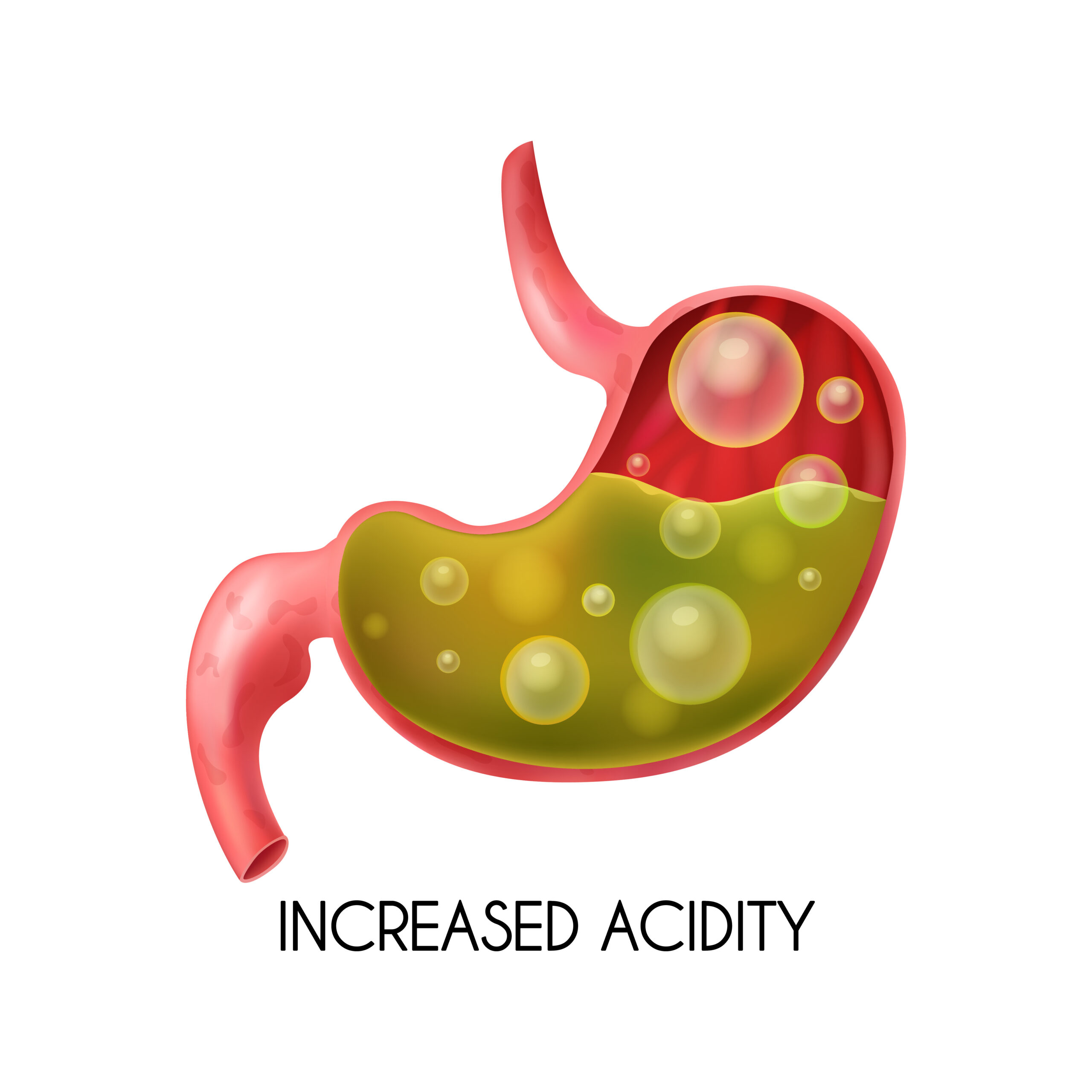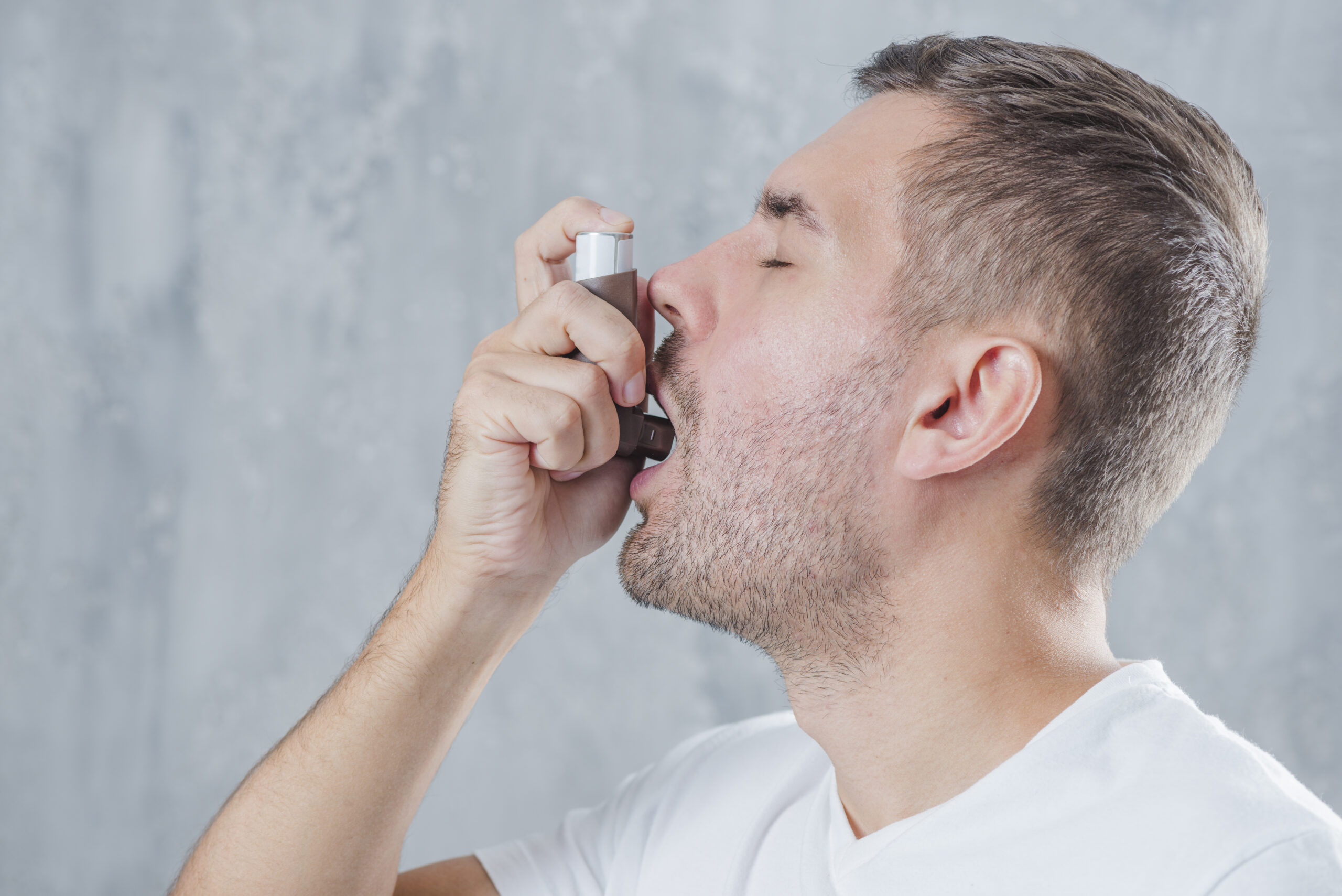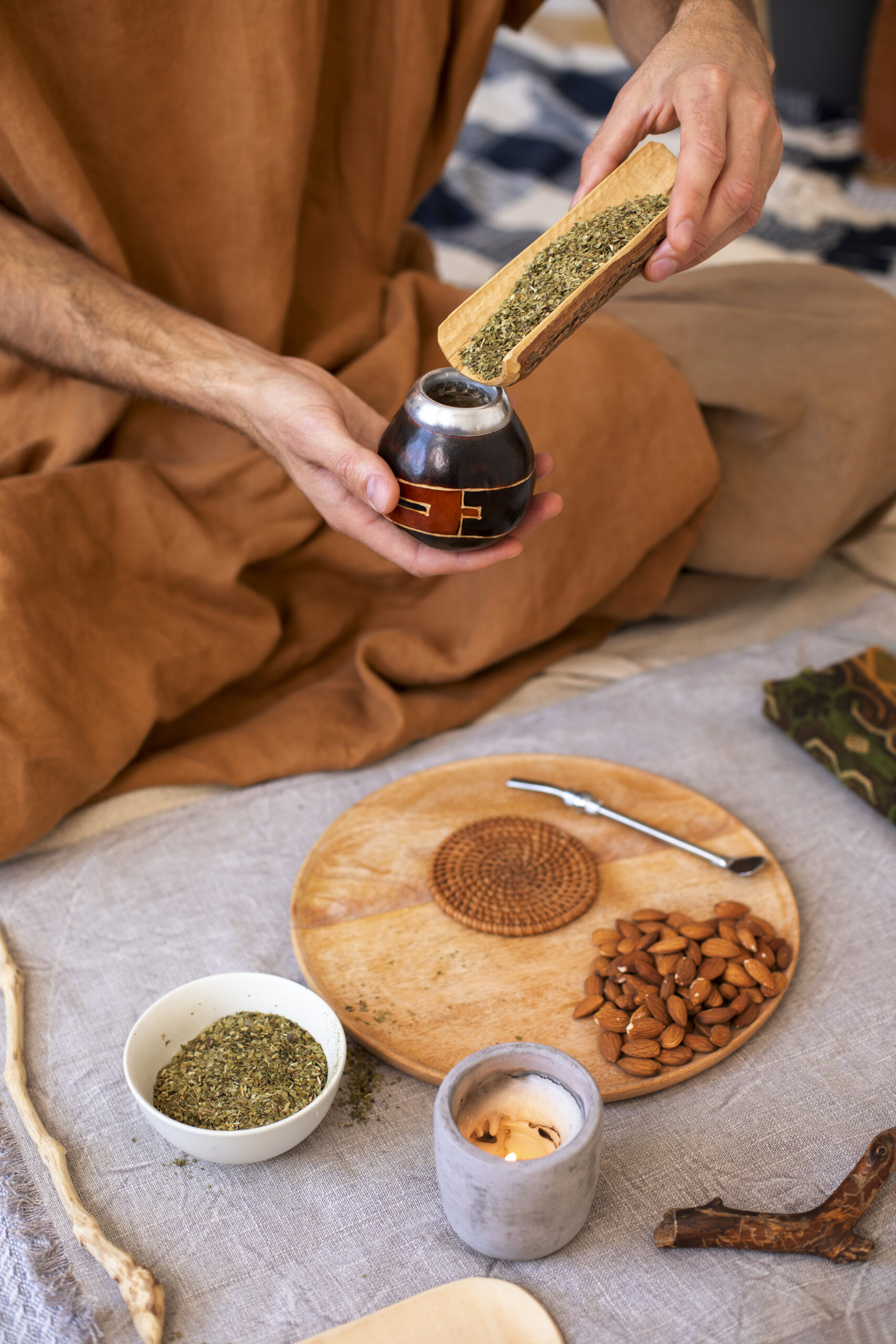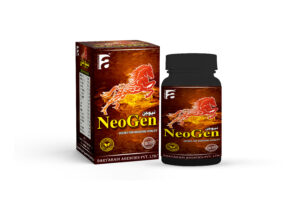Soothing the Stomach: Ayurvedic Recipes for Gastric Issues
INTRODUCTION:
Gastric issues such as indigestion, bloating, acidity, and gas are common digestive complaints that can cause discomfort and disrupt daily life. While over-the-counter medications offer temporary relief, many individuals are turning to natural remedies rooted in Ayurveda to address gastric issues holistically and promote digestive health. In this blog post, we’ll explore the principles of Ayurvedic nutrition and share recipes designed to soothe the stomach, balance digestion, and alleviate symptoms of gastric discomfort.
DISCLAIMER: The information provided in this blog is for educational and informational purposes only and is not intended as medical advice. The content is not intended to diagnose, treat, cure, or prevent any disease. Readers are advised to consult with a qualified healthcare professional regarding their specific health concerns and before starting any herbal remedies or health regimen. While every effort has been made to ensure the accuracy and completeness of the information presented, the author and publisher assume no responsibility for any errors or omissions. The use of herbal remedies and traditional medicine should be undertaken with caution and under the guidance of a qualified healthcare practitioner, especially for individuals with pre-existing medical conditions or those taking medications. The inclusion of specific herbs or formulations in this blog does not imply endorsement or recommendation. Individual responses to herbal remedies may vary, and it is important to consider individual health needs and sensitivities. Always read product labels and instructions carefully before use. By accessing and using this blog, readers acknowledge and agree to the terms of this disclaimer and release the author and publisher from any liability arising from the use or misuse of the information provided.
UNDERSTANDING GASTRIC ISSUES IN AYURVEDA:
According to Ayurveda, digestive disturbances are often the result of impaired agni, or digestive fire, which plays a crucial role in breaking down food, absorbing nutrients, and eliminating waste. When agni is weak or imbalanced, it can lead to the accumulation of ama, or toxins, in the digestive tract, resulting in symptoms of indigestion, bloating, and acidity.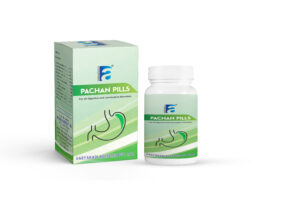
Ayurvedic principles emphasize the importance of maintaining a healthy digestive fire and supporting optimal digestion through mindful eating, appropriate food choices, and herbal remedies. By incorporating Ayurvedic recipes and dietary practices into your daily routine, you can nurture digestive health and experience relief from gastric issues naturally.
AYURVEDIC RECIPES FOR GASTRIC ISSUES:
1) Ginger-Lemon Tea:
Ingredients:
– 1-inch piece of fresh ginger, grated
– 1 tablespoon fresh lemon juice
– 1 teaspoon honey (optional)
– 2 cups water
Instructions:
– In a saucepan, bring the water to a boil.
– Add the grated ginger and simmer for 5 minutes.
– Remove from heat and strain the tea into a cup.
– Add fresh lemon juice and honey to taste.
– Stir well and sip slowly to ease indigestion, reduce bloating, and promote digestive comfort.
2) Cumin-Coriander-Fennel Tea (CCF Tea):
– Ingredients:
– 1 teaspoon cumin seeds
– 1 teaspoon coriander seeds
– 1 teaspoon fennel seeds
– 2 cups water
Instructions:
– In a dry skillet, lightly toast the cumin, coriander, and fennel seeds until fragrant.
– Transfer the toasted seeds to a mortar and pestle or spice grinder and grind into a coarse powder.
– In a saucepan, bring the water to a boil.
– Add the ground spice mixture and simmer for 5 minutes.
– Strain the tea into a cup and enjoy before or after meals to aid digestion, reduce gas, and soothe the stomach.
3) Khichdi:
– Ingredients:
– 1/2 cup basmati rice
– 1/2 cup split yellow mung dal
– 4 cups water
– 1 teaspoon ghee
– 1/2 teaspoon cumin seeds
– 1/2 teaspoon turmeric powder
– 1/2 teaspoon grated ginger
– Salt to taste
Instructions:
– Rinse the rice and mung dal thoroughly and drain.
– In a pressure cooker or saucepan, heat the ghee over medium heat.
– Add the cumin seeds and grated ginger and sauté until fragrant.
– Add the rice, mung dal, turmeric powder, and water to the pot.
– Stir well, cover, and cook until the khichdi is soft and well-cooked.
– Season with salt to taste and serve hot.
– Khichdi is a nourishing and easily digestible one-pot meal that helps balance digestion, reduce acidity, and provide comfort to the stomach.
4) Mint-Coriander Chutney:
– Ingredients:
– 1 cup fresh mint leaves
– 1 cup fresh coriander leaves
– 1-2 green chilies (optional)
– 1-inch piece of ginger
– 1 tablespoon lemon juice
– Salt to taste
Instructions:
– In a blender or food processor, combine the mint leaves, coriander leaves, green chilies, ginger, lemon juice, and salt.
– Blend until smooth, adding a little water if necessary to achieve the desired consistency.
– Transfer the chutney to a bowl and serve as a refreshing accompaniment to meals.
– Mint and coriander are cooling herbs that aid digestion, reduce acidity, and promote digestive comfort when consumed as a chutney.
Incorporating these Ayurvedic recipes into your diet can help alleviate symptoms of gastric issues, support digestive health, and promote overall well-being. Remember to listen to your body’s signals, eat mindfully, and choose foods that resonate with your constitution and digestive needs.
CONCLUSION:
Gastric issues can disrupt daily life and cause discomfort, but with the wisdom of Ayurveda and the healing power of natural remedies, relief is within reach. By incorporating Ayurvedic recipes and dietary practices into your routine, you can soothe the stomach, balance digestion, and experience greater comfort and vitality. Whether it’s sipping on ginger-lemon tea, enjoying a nourishing bowl of khichdi, or relishing a mint-coriander chutney, there are plenty of delicious and healing options to explore on your journey to digestive wellness.
For ordering pachan pills
https://daryabadi.com/product/pachan-pills/


